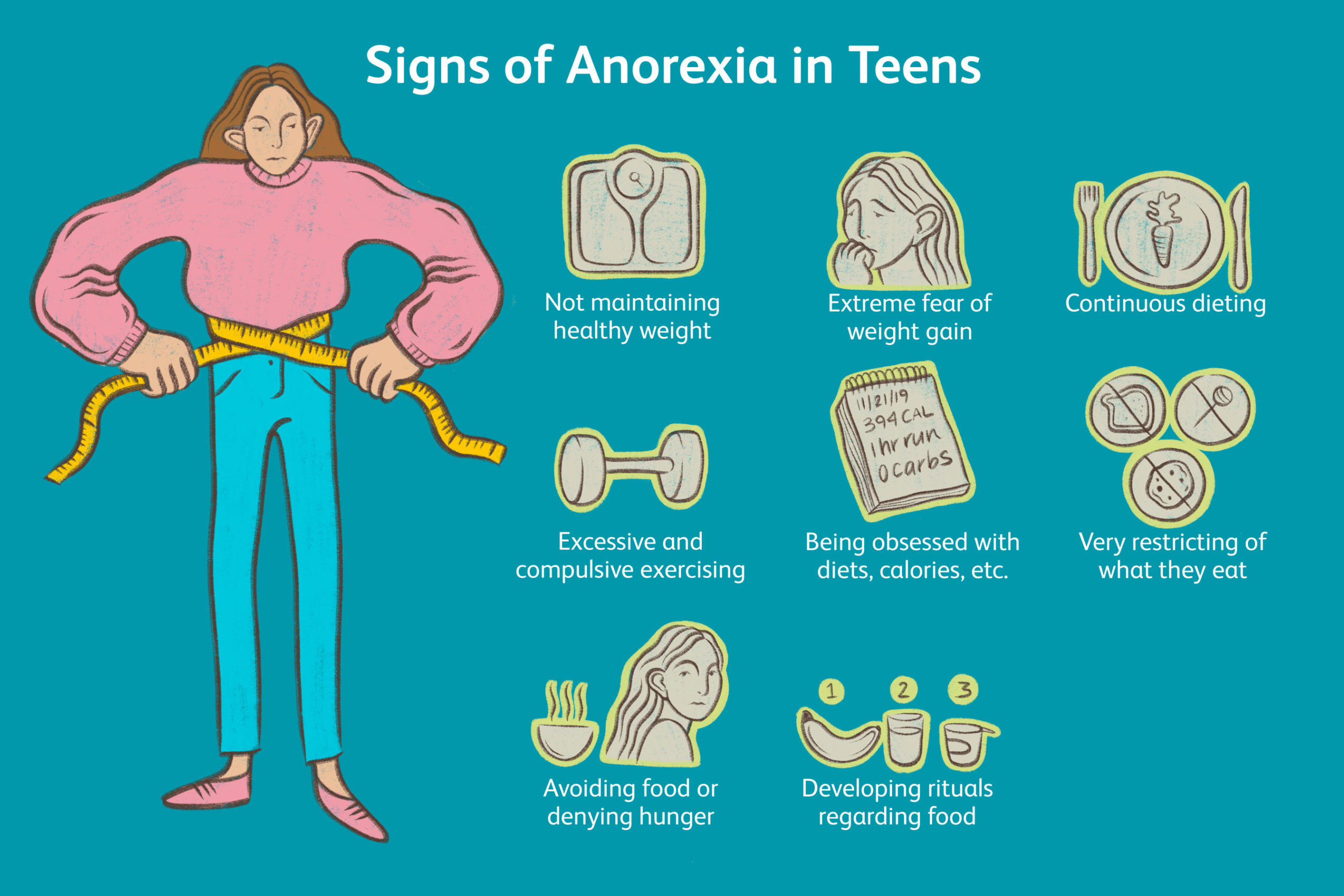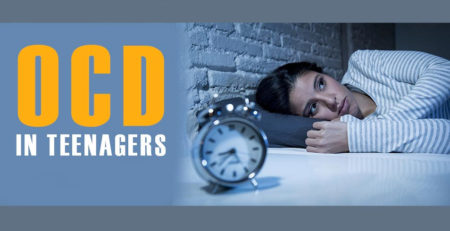Eating Disorders in Teenagers: An Overview
Eating disorders are a growing problem in teenagers, and it is essential to understand the underlying causes of these conditions. Eating disorders can have serious health consequences, including malnutrition and long-term health issues. This blog post will explore the different types of eating disorders and potential risk factors and treatment options for teens suffering from eating disorders.
Warning Signs of Bulimia
- Recurrent episodes of binge eating. This is defined as eating, in a short period, an amount of food that is larger than what most people would eat in a similar period under similar circumstances.
- A sense of lack of control over eating during the episode.
- Recurrent inappropriate compensatory behaviors to prevent weight gain, such as self-induced vomiting; misuse of laxatives, diuretics, or other medications; fasting; or excessive exercise.
- On average, binge eating and compensatory behaviors occur at least once a week for three months.
- Self-evaluation is unduly influenced by body shape and weight.
- The disturbance does not occur exclusively during episodes of anorexia nervosa.
- There has never been a period when the individual was not experiencing these symptoms for at least two consecutive years.
- The individual is not significantly underweight (BMI less than 17).
- The individual does not have another medical condition (e.g., thyroid disease, brain tumor) that could explain the symptoms.”
Types of Eating Disorders
Teenagers’ most common eating disorders include anorexia nervosa, bulimia nervosa, and binge eating disorder. Anorexia nervosa is characterized by an obsessive fear of gaining weight that leads to extreme restriction of food intake and excessive exercise. Symptoms may also include anxiety, depression, low self-esteem, fatigue, hair loss, and weakness. Bulimia nervosa is characterized by recurrent episodes of binge eating followed by compensatory behaviors such as self-induced vomiting or laxative abuse to prevent weight gain. Binge eating disorder is characterized by recurrent episodes of overeating without compensatory behaviors afterward.
Risk Factors for Developing an Eating Disorder
Various risk factors have been associated with developing an eating disorder in teens. These include peer pressure; unrealistic body ideals presented in the media; family dynamics; social isolation; traumatic experiences; perfectionism; poor coping skills; and genetic predisposition. It is essential to recognize these risk factors and be aware of how they may contribute to a teen’s unhealthy relationship with food and body image.
Treatment for Eating Disorders
Treatment for eating disorders typically involves some combination of psychotherapy, nutrition counseling, medication management, medical monitoring, and lifestyle modifications such as learning healthy coping skills or engaging in physical activity. The goal of treatment is to address the physical health symptoms and help teens develop healthy relationships with food and their bodies. Treatment should be tailored specifically to each individual’s unique needs based on their age, gender identity/expression, cultural background, health history, etc., to ensure the best possible outcome for recovery from an eating disorder.
What Are Symptoms of Eating Disorders in Teens
- Eating disorders are serious mental illnesses that can profoundly impact a teen’s health and well-being.
- The most common eating disorders in teens are anorexia nervosa, bulimia nervosa, and binge-eating disorder.
- Teens with eating disorders may try to hide their symptoms from friends and family members.
- Common signs and symptoms of eating disorders in teens include drastic weight loss or gain, preoccupation with food and body image, abnormal eating habits, excessive exercise, and extreme mood swings.
- Eating disorders can lead to serious health problems, such as malnutrition, organ damage, and even death.
- If you suspect that your teen has an eating disorder, it is important to seek professional help as soon as possible.
- Treatment for eating disorders typically includes a combination of psychotherapy, nutritional counseling, and medication.
- With treatment, most teens with eating disorders can overcome their illness and go on to lead healthy lives
Eating disorders are complex conditions that can have severe consequences if left untreated. It is essential that parents and other adults who work with teenagers be aware of the signs and symptoms so they can intervene early if necessary. Identifying the underlying causes behind an eating disorder can help guide appropriate treatment options tailored toward assisting teens in developing healthy relationships with food and their bodies while minimizing any physical or psychological harm caused by disordered eating patterns. With proper intervention and support from family members or other caring adults, teens suffering from an eating disorder can go on to lead healthier life free from disordered thoughts about food or body image issues.
Contact us today at 816.819.5166 or schedule your appointment online.












